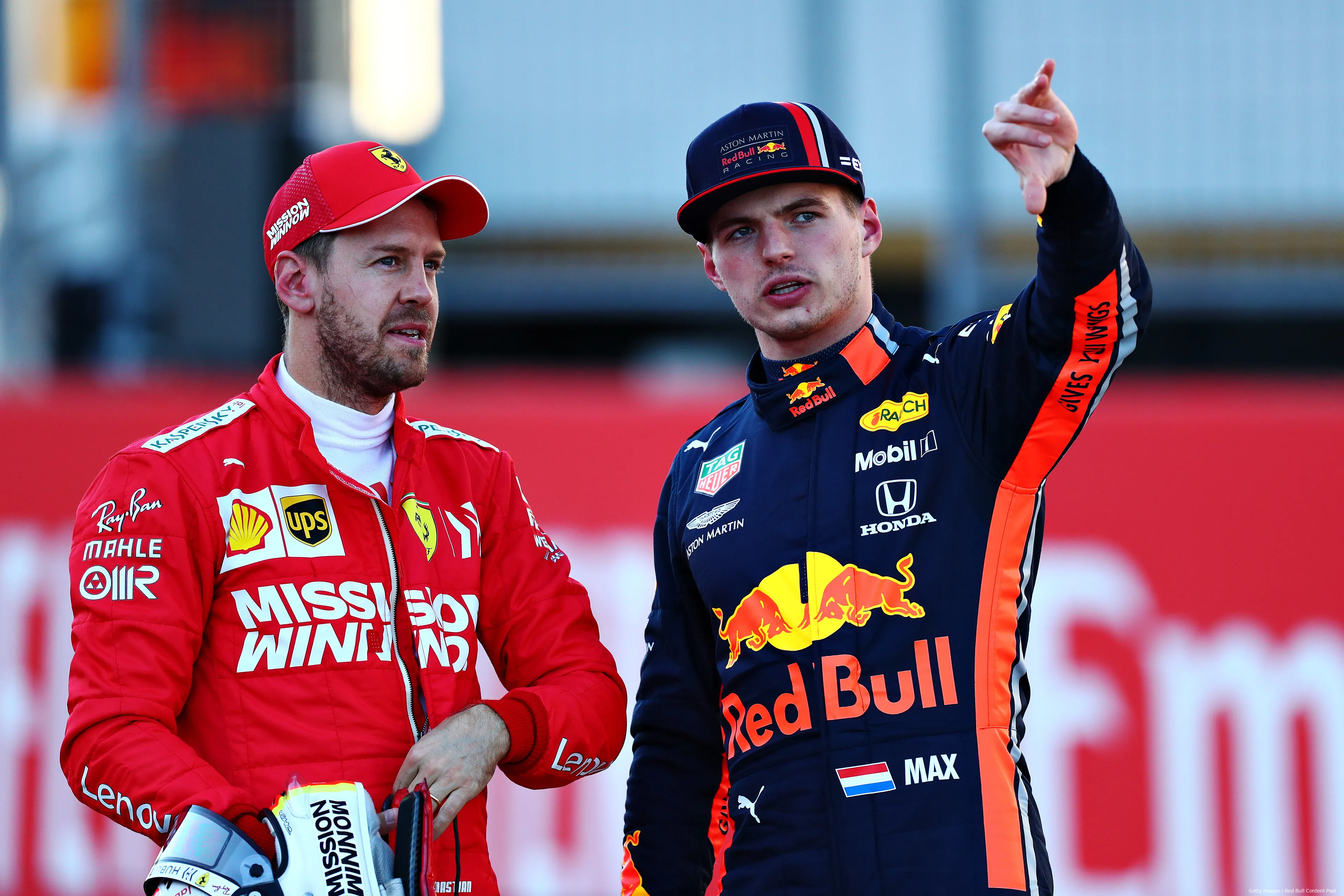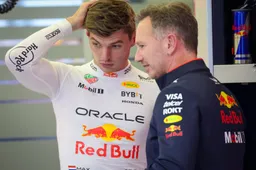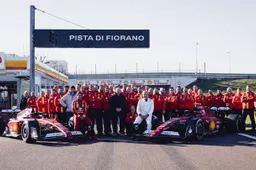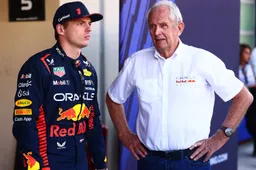
Formula 1 legend engineer Adrian Newey revealed one trait that he observed Max Verstappen and Sebastian Vettel have in common.
Adrian Newey is currently chief technical officer at Red Bull and is largely credited for the success the Austrian team is enjoying at the moment.
The 65-year-old has worked in Formula 1 for 44 years, and cars designed by him went on to win twelve World Constructors' and thirteen World Drivers' championships.
Throughout his time in F1, he also worked with quite a few legendary drivers, such as Nigel Mansell, Alain Prost, Ayrton Senna, Damon Hill, Jacques Villeneuve, Mika Häkkinen, Sebastian Vettel, and Max Verstappen.
In a recent interview with RacingNews365, the British engineer revealed the common trait he was able to observe between the only two Red Bull Champions:
"I think with all the drivers I've been lucky enough to work with over the year, their feedback is vital. Very often, different drivers will be more sensitive to different areas."
Read also
"For example, Sebastian Vettel and Max have one thing in common, in that they are both very sensitive to the tires."
The 26-year-old Dutchman is famous for being one of the best drivers on the grid when it comes to the treatment of his tires during races. Newey said he also had a thing in common with Mark Webber:
"Other drivers, like Mark Webber for instance, were very sensitive to aerodynamic changes, and Max is as well."
"With the driveability of the engine, some drivers are more sensitive than others, so you get different bits of feedback from different drivers and then piece it all together."
Former F1 driver Thierry Boutsen recently stated that drivers are no longer involved and are not as important in the development of their cars. However, the British engineer disagrees as he explained:
"Theoretically, you could argue that with all the sensors on the car, and all the simulation tools we have to derive from the sensors, then we shouldn't need the feedback of a human."
"But, the human feedback is vital as the human is the controller, the sensitivity and feeling and ability to express that is key. It is not a machine-driven vehicle."
Read also
POPULAR NEWS

Steiner Warns Red Bull: 2024 Performance Masked By Verstappen's Brilliance

Sainz Sr. Grateful For Ferrari's 'Fantastic Gesture' After Driver Switch

Marko Issues Honest Verdict On Verstappen's Potential Exit: 'You Have To Be Realistic'

Racing Bulls CEO Reveals What Verstappen's Personality Is Like Outside F1 Paddock

Magnussen Discusses 'Crazy' Thing That Separates Verstappen From Hamilton And Others

Hamilton: Driving Ferrari F1 Car For First Time 'One Of Best Feelings Of My Life'
Loading

